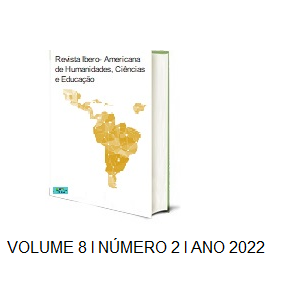A 40-YEAR PANDEMIC: THE BRAZILIAN PROGRAM TO FIGHT HIV/AIDS AND STDS IS CONSIDERED A WORLD REFERENCE IN PUBLIC HEALTH POLICY
A BRIEF JOURNEY THROUGH THE CENTRAL THEORIES AND CONCEPTS OF PUBLIC POLICY FROM A REAL CASE IN THE CONTEXT OF PUBLIC HEALTH IN BRAZIL
DOI:
https://doi.org/10.51891/rease.v8i2.4147Keywords:
Public Policy.Health. HIV/AIDS/STDs. Patents. Well-being. Quality of Life. International Relations. International Trade.Abstract
The very high costs of the medicines were causing difficulties for the Brazilian Government to universalize the HIV/AIDS patient’s treatment. The Brazilian government, at a given moment, pressured by Non-Governmental Organizations (NGO`s), started negotiations with large international laboratories, holders of drug patents, with the objective of reducing the sale value in the country. For not considering the negotiations favorable the Brazilian Government decided to infringe on the patents on medicines that help in the treatment of HIV/AIDS. Meanwhile, there is a reaction from the pharmaceutical industry and even the US government - which threatens to file suit against Brazil in the World Trade Organization (WTO). From the presentation of this real case, this work aims to clarify central concepts and theories, as well as to contribute to the advancement, diffusion and democratization of knowledge in the field of Public Policy.
Downloads
Downloads
Published
How to Cite
Issue
Section
Categories
License
Atribuição CC BY

